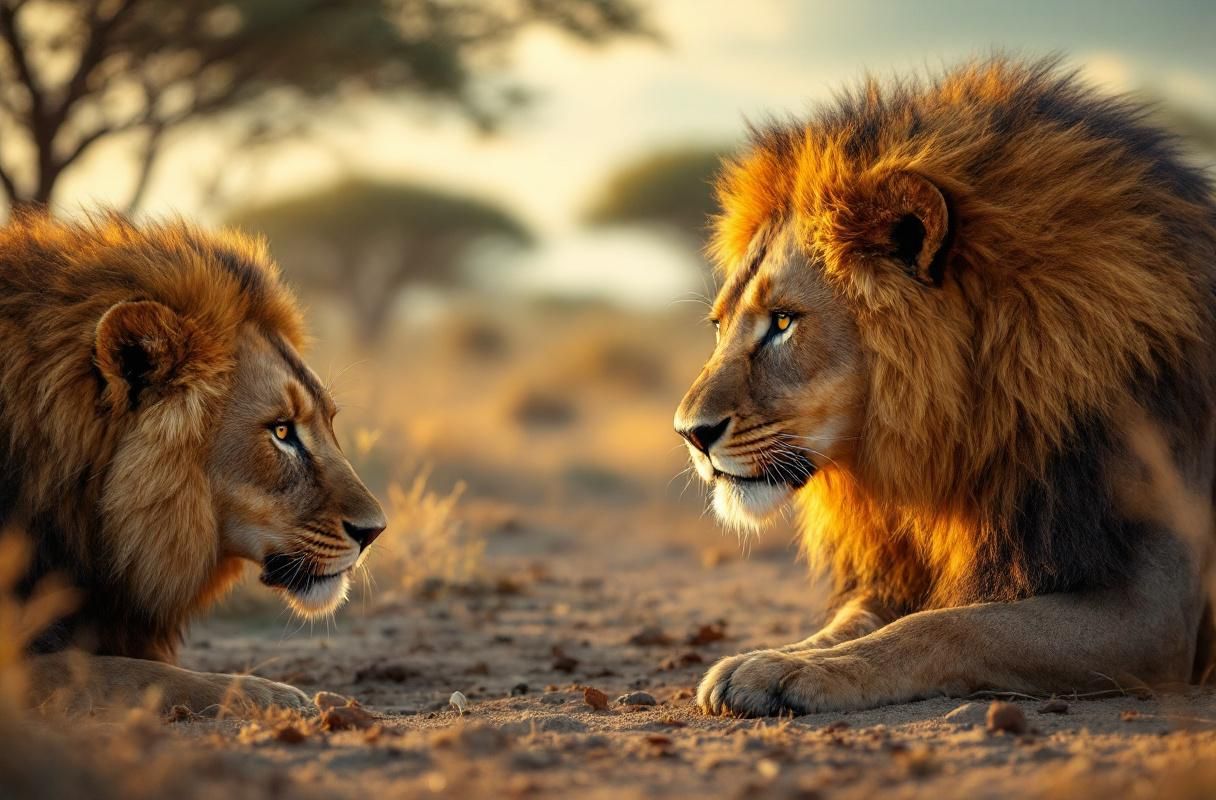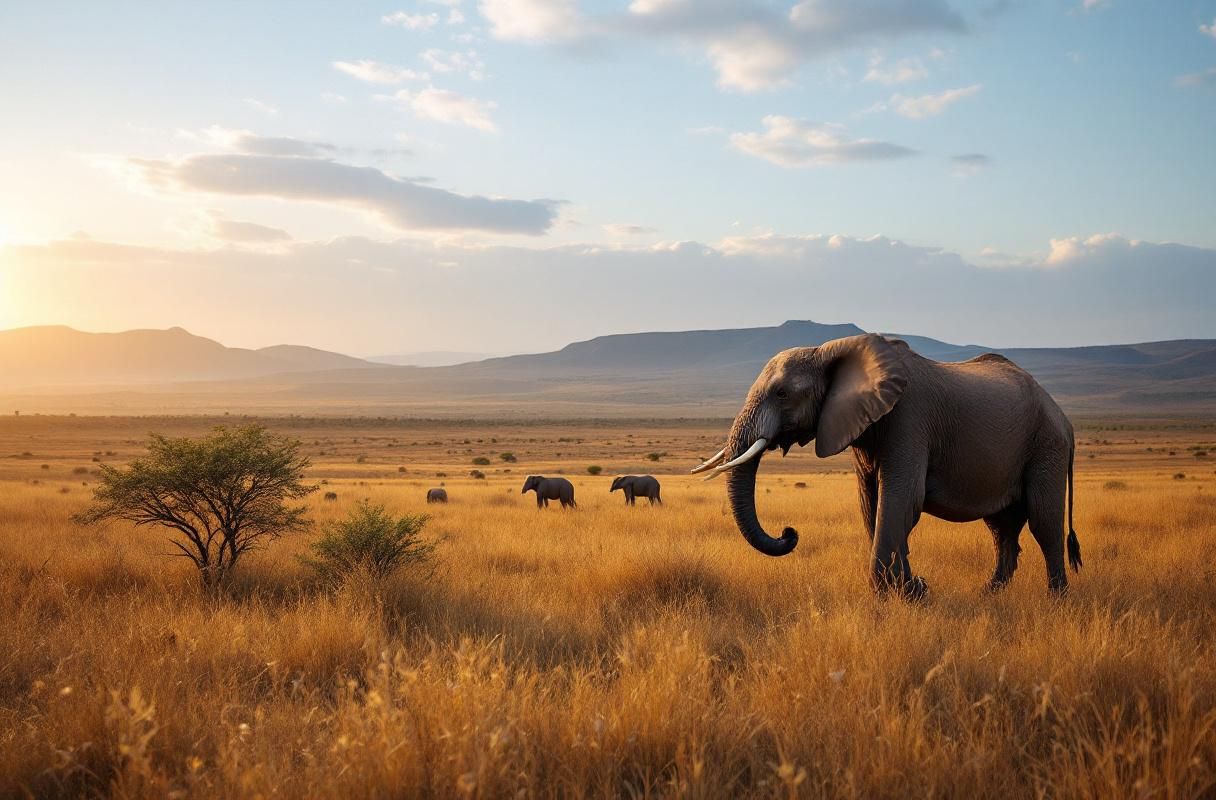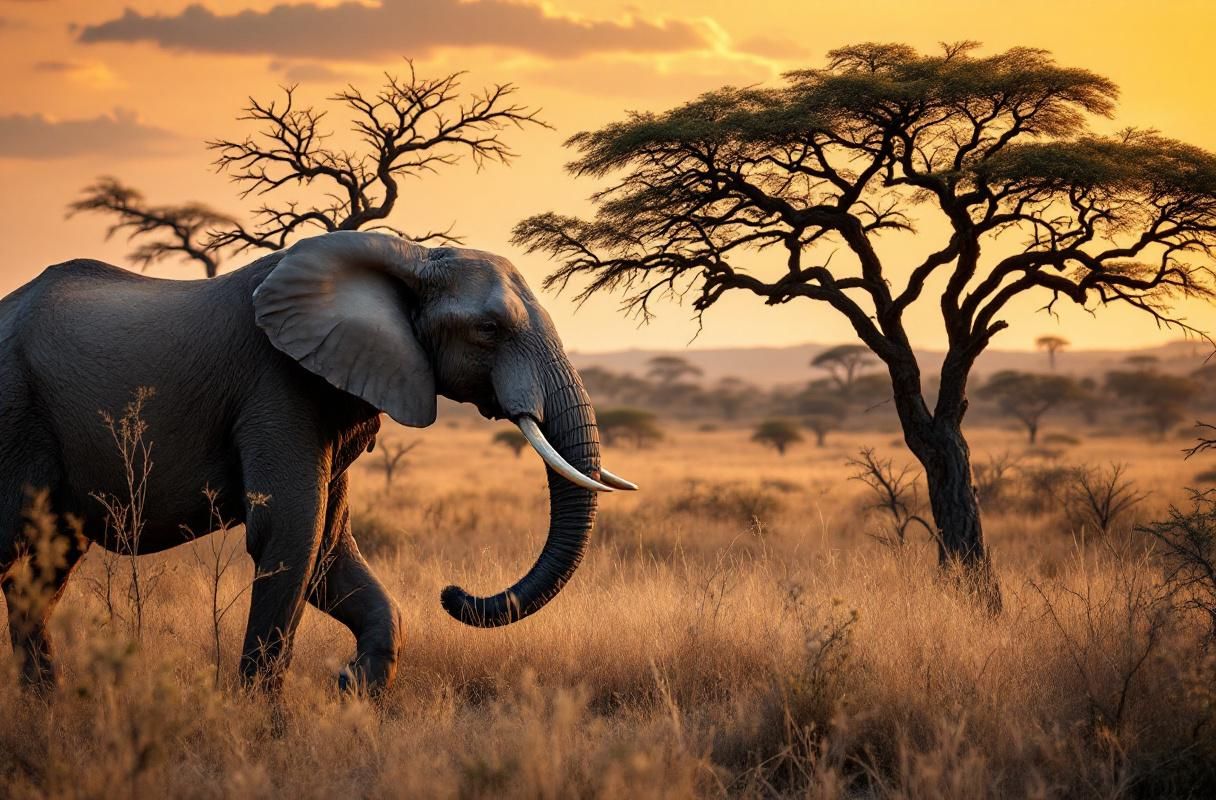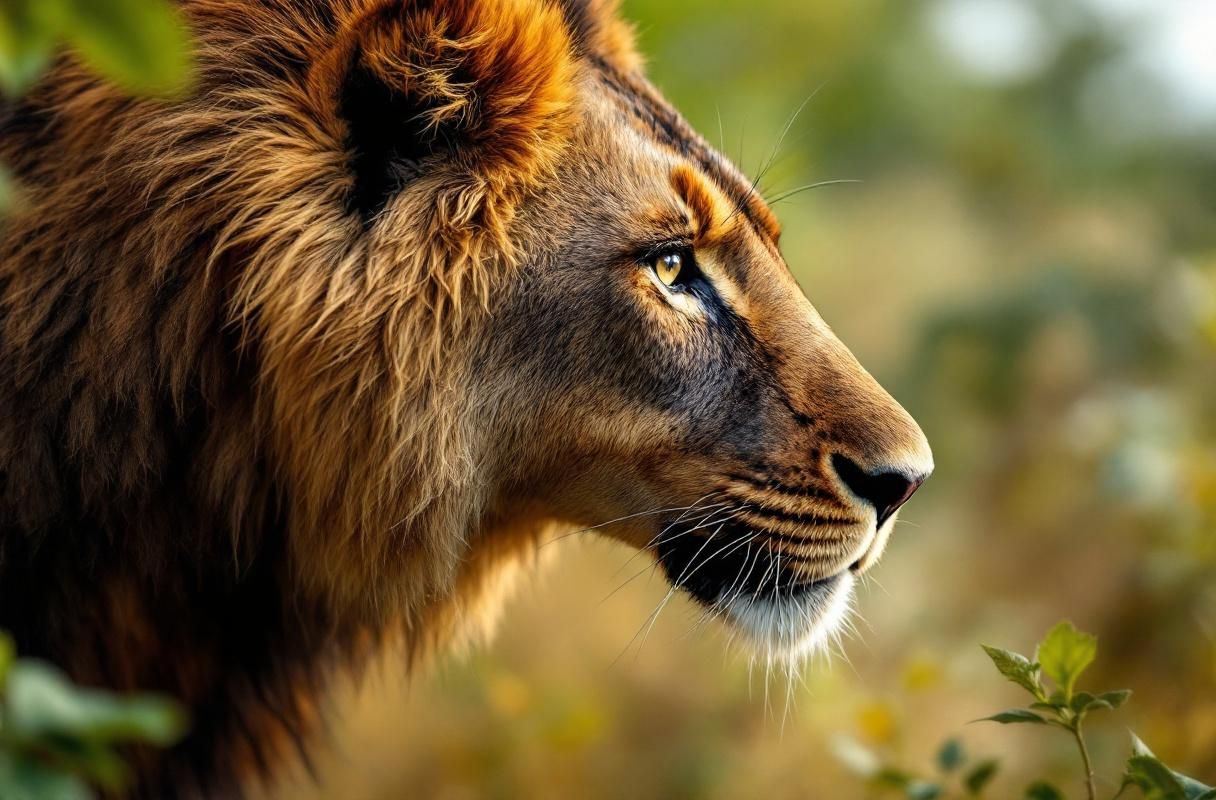
Africa is often referred to as the "cradle of life," and for good reason. The continent is home to an extraordinary diversity of wildlife, making it a prime destination for safari tours. From the majestic elephants of the savannah to the elusive leopards of the rainforest, African animals exhibit remarkable adaptations to their environments. This article will explore the rich tapestry of African wildlife, their various habitats, and the essential role of expert guides in enhancing the safari experience.
African animals are not just a collection of species; they represent unique adaptations and behaviors shaped by their environments. The continent boasts a variety of ecosystems, including savannas, deserts, rainforests, and wetlands, each supporting distinct wildlife communities. Understanding these animals and their habitats is crucial for conservation efforts and for visitors who wish to experience Africa's natural beauty.

Africa's ecosystems are diverse, each characterized by unique flora and fauna. The following are some of the primary ecosystems found across the continent:
Understanding specific African animals and their habitats offers insight into the continent's ecological balance. Here are a few notable examples:
The African elephant is the largest land mammal on Earth, primarily found in savannas and forests across sub-Saharan Africa. These creatures play a crucial role in their ecosystems by modifying their habitats through tree clearing and creating waterholes.
Often referred to as the "king of the jungle," lions inhabit grasslands and savannas. They are social animals, living in prides, which allows them to hunt effectively and defend their territory.
Giraffes are adapted to reach high foliage, primarily found in savannas. Their long necks allow them to browse on acacia trees, helping to maintain the health of their ecosystem.
This reptile thrives in freshwater habitats such as rivers and lakes. The Nile crocodile is a top predator, playing a vital role in controlling the populations of other aquatic animals.
While the big five (lion, leopard, elephant, buffalo, and rhinoceros) often steal the spotlight, many lesser-known species are equally fascinating. For instance, the pangolin is one of the most trafficked mammals globally, yet it plays a crucial role in controlling insect populations. Understanding these animals can enrich the safari experience and promote awareness about conservation efforts.
When embarking on safari tours, the expertise of guides can significantly enhance the experience. They provide invaluable knowledge about African animals, their behaviors, and the ecosystems they inhabit. The relationship between visitors and expert guides can transform a simple wildlife viewing into an educational adventure.

Expert guides bring a wealth of knowledge and experience that can greatly enhance the safari experience. They are trained to interpret animal behavior, track wildlife, and share insights about the environment. Here are some ways in which they add value:
Many people have misconceptions about what to expect on safari tours. Some believe that safaris are only about seeing big game, while others underestimate the importance of guided experiences. Here are a few common myths and the realities behind them:
Selecting the right guide can make or break your safari experience. Here are some tips for ensuring that you choose an expert who will enhance your adventure:
Africa's wildlife is a treasure trove of biodiversity, with each species playing a unique role in the ecosystem. The continent's various habitats provide a backdrop for some of the most remarkable animals on Earth. By understanding these species and the environments they inhabit, travelers can foster a deeper appreciation for the natural world.

Expert guides play a pivotal role in enhancing safari tours, ensuring that guests not only observe African animals but also understand their significance within the ecosystem. Choosing the right guide is essential for a fulfilling and educational safari experience.
For those looking to explore Africa's wildlife, consider embarking on a safari tour that prioritizes both adventure and education. Equip yourself with knowledge, engage with expert guides, and immerse yourself in the wonders of Africa's diverse ecosystems. The journey awaits, and the wild calls.
Get free resources, early access to new features and updates.
No spam. Just fun educational emails!